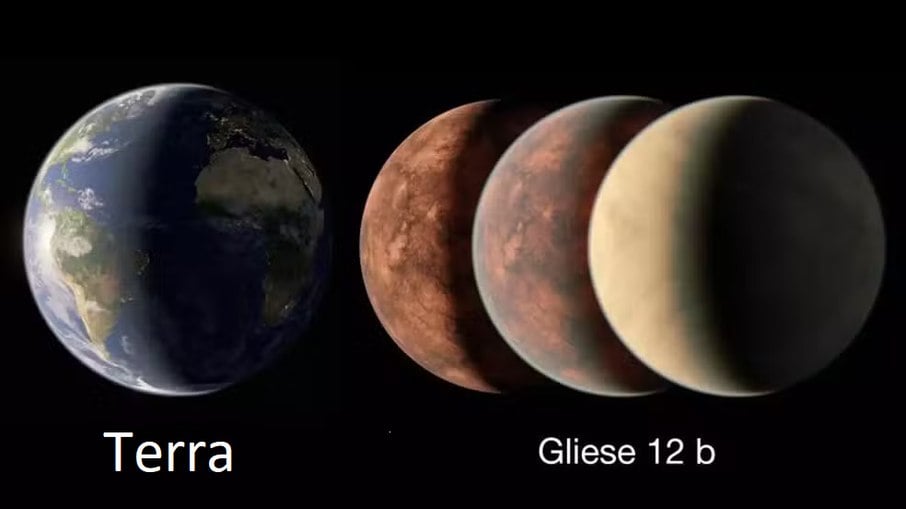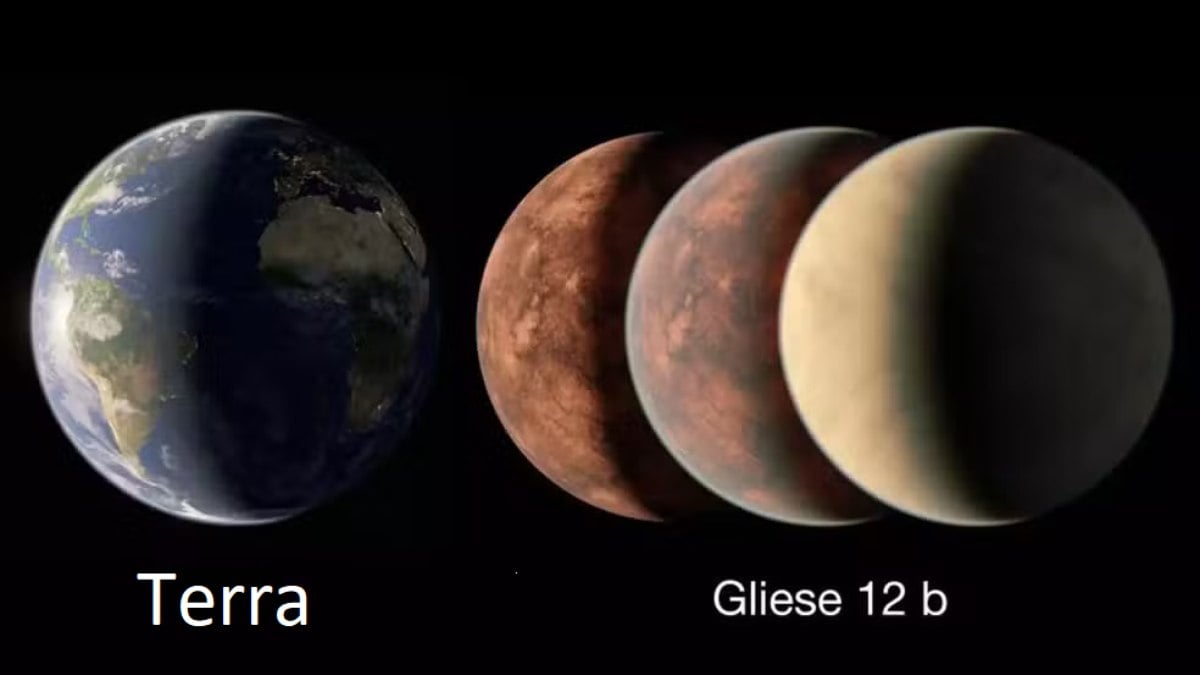
In parallel with this discovery, astronomers continue to investigate the possibility of the existence of Planet Nine
Recently, an international team of scientists led by students from the Universities of Southern Queensland and Edinburgh discovered the planet Gliese 12b.
This discovery, published in scientific journals and in cooperation with NASA, reveals a world similar to Earth, located only 40 light-years away.
Gliese 12b, which is similar in size to Earth and has a surface temperature estimated at 42 degrees Celsius, has astronomers interested in its potential habitability.
This planet, which orbits the star Gliese 12, provides an opportunity to study the conditions that could support the presence of liquid water on its surface, an important component of life as we know it.
This discovery not only expands understanding of the diversity of planets in the universe, but also raises questions about the evolution of planetary systems and the conditions that could affect the habitability of the world.
“We found that it's probably the size of Earth, has a temperate climate and is very, very close. And within a day, we thought, 'We have to write this.' This is a really cool thing. It could be the right temperature for liquid water to pool on the surface. Shishir Dholakia said, “This is important, because we think planets could be habitable if they could have liquid water,” a PhD candidate in astrophysics at the University of Southern Queensland told The Guardian.
Moreover, research on Gliese 12b could contribute to the development of new space observation techniques, including the use of NASA's Tess satellite, which played a key role in learning about this planet.
In parallel with this discovery, astronomers continue to investigate the possibility of Planet Nine in our solar system, a mystery that could open new horizons about the formation and evolution of our planetary system.
Want to stay up to date with today's latest news? Click here and join our WhatsApp channel

“Coffee trailblazer. Social media ninja. Unapologetic web guru. Friendly music fan. Alcohol fanatic.”

